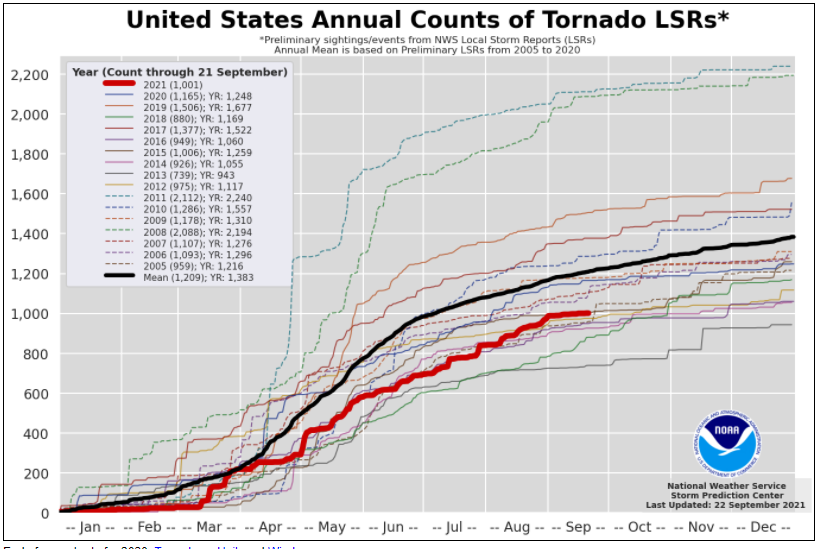
Latest @BjornLomborg FACT CHECK 🧵
Climate Change Saves More Lives Than You’d Think by @BjornLomborg wsj.com/articles/clima… via @WSJOpinion
Climate Change Saves More Lives Than You’d Think by @BjornLomborg wsj.com/articles/clima… via @WSJOpinion
Assertions:
"Global warming does cause more heat deaths"
"Global warming now prevents more than 166,000 temperature-related fatalities annually"
Both of these are claims of attribution of causality
Such attribution is simply not possible ... I'll explain
"Global warming does cause more heat deaths"
"Global warming now prevents more than 166,000 temperature-related fatalities annually"
Both of these are claims of attribution of causality
Such attribution is simply not possible ... I'll explain
Over 20 years 2000-2019 cold weather was associated with almost 10x the number of "excess deaths" than was hot weather
But that tells us nothing about the role of climate change, much less the effects of human caused climate change
doi.org/10.1016/S2542-…
But that tells us nothing about the role of climate change, much less the effects of human caused climate change
doi.org/10.1016/S2542-…

Remember climate change is defined as a detectable change in the statistics of weather over many decades (conventionally 30 years or more)
Climate isn't the only thing that changes on this time scale - demographics, economics, adaptation, exposure, etc etc
Climate isn't the only thing that changes on this time scale - demographics, economics, adaptation, exposure, etc etc
No one should die because of temperature extremes
Indeed the WHO assumes that 100% adaptation means no attributable deaths to temperature extremes
Thus, the direct cause of a temperature-related death is a failure to successfully adapt
apps.who.int/iris/bitstream…
Indeed the WHO assumes that 100% adaptation means no attributable deaths to temperature extremes
Thus, the direct cause of a temperature-related death is a failure to successfully adapt
apps.who.int/iris/bitstream…

Most studies projecting future mortality related to temperature extremes assume no adaptation
Why?
Because once you project future levels of adaptation the signal of climate changes become far less important, vanishingly small with successful adaptation
Why?
Because once you project future levels of adaptation the signal of climate changes become far less important, vanishingly small with successful adaptation

We do know that (as is the case with almost all extremes) humans are better adapted to high temperature extremes than we used to be (but of concern, not so for cold extremes)
ehjournal.biomedcentral.com/articles/10.11…
ehjournal.biomedcentral.com/articles/10.11…

So bottom line:
"climate change does not influence temperature-related mortality"
Yuming Guo
co-author of thelancet.com/journals/lanpl…
I agree
Source: climatefeedback.org/claimreview/gl…
"climate change does not influence temperature-related mortality"
Yuming Guo
co-author of thelancet.com/journals/lanpl…
I agree
Source: climatefeedback.org/claimreview/gl…
We want deaths related to both hot and cold extremes to go down
The only way to do that is to improve adaptive capacities & practices
Climate change does not cause attributable extreme temperature deaths, nor does it prevent those deaths
FACT CHECK: 👎👎👎👎👎
The only way to do that is to improve adaptive capacities & practices
Climate change does not cause attributable extreme temperature deaths, nor does it prevent those deaths
FACT CHECK: 👎👎👎👎👎
PS. You can see my previous 2 @BjornLomborg fact checks here
Floods:
Hurricanes:
Floods:
https://twitter.com/RogerPielkeJr/status/1436344530513526786?s=20
Hurricanes:
https://twitter.com/RogerPielkeJr/status/1435968009571422211?s=20
• • •
Missing some Tweet in this thread? You can try to
force a refresh















